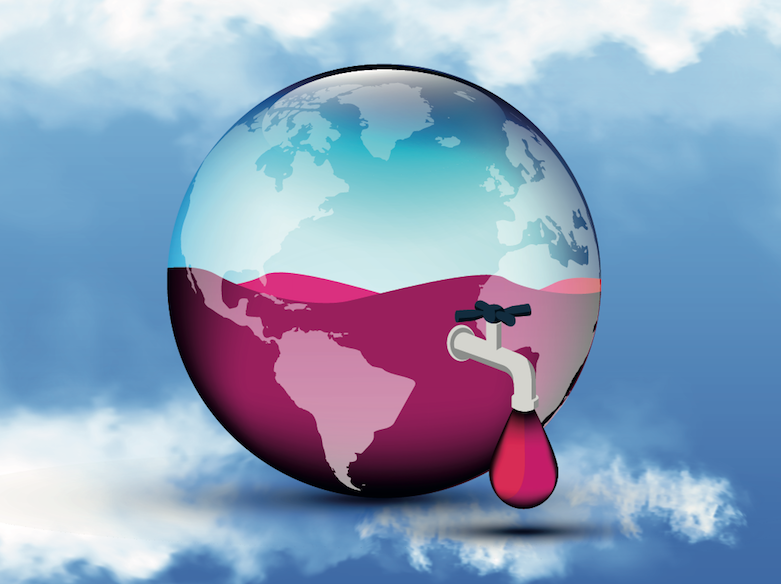
Alcohol to not rebound globally until 2024
It will take five years for the global alcohol category to get back to pre-Covid health, the IWSR has predicted, with double digit declines expected to the hit the category this year.
According to drinks analysts, the IWSR, alcohol is on the brink of its own recession, shadowed by the slowdown of the global economy.
Total global alcohol consumption grew by +0.1% in volume and +3.6% in value in 2019, led by increases in beer and ready-to-drink products.
However, when faced with the ongoing struggle of the coronavirus, the gains of 2019 are expected to fall by the wayside over the coming months and even years.
Gains in retail and e-commerce since the start of lockdown will similarly not be able to offset the complete shutdown of bars and restaurants across the world, the IWSR predicts.
In fact, the IWSR estimates it will take until 2024 for global alcohol sales to reach 2019 pre-Covid-19 volumes, and in the UK and US, it could be even longer.
“While we’re still assessing the full impact of the current Covid-19 situation, it’s very clear that the pandemic is set to cause a deeper and more long-lasting after-effect to the global drinks industry than anything we’ve experienced before,” said Mark Meek, CEO of IWSR.
“Even the downturn following the 2008 financial crisis was less severe than what we are seeing now. In many ways, 2019 was perhaps the last ‘normal’ year for the drinks industry.”
At Harpers, we have spoken about the popularity of still wine in the UK during lockdown and the impact on sales.
However, the IWSR is predicting that beer – particularly non-alcoholic beer – will experience a better recovery than wine or spirits over the next five years at a global level.
Still wine could also lose share to sparkling wine as fizz becomes “increasingly less tied to celebratory moments”.
Sparkling wine could be the “one bright spot” in a category that continued to suffer long-term global decreases in consumption in 2019, the IWSR said.
“Sparkling wine posted growth of +1.4% volume, and +3.6% value in 2019, and is forecasted to rebound stronger than still wine by 2024, as consumers increasingly shift to year-round consumption of these products,” the forecast concluded.
Keywords:
- wine
- UK
- US
- years
- Beer
- alcohol
- Sparkling Wine
- CEO
- drinks
- category
- consumption
- drinks industry
- year
- IWSR
- global
- five years
- global alcohol
- covid 19
- last ‘normal’ year
- industry ”at harpers
- particularly non alcoholic
- fizz becomes “increasingly
- non alcoholic beer




